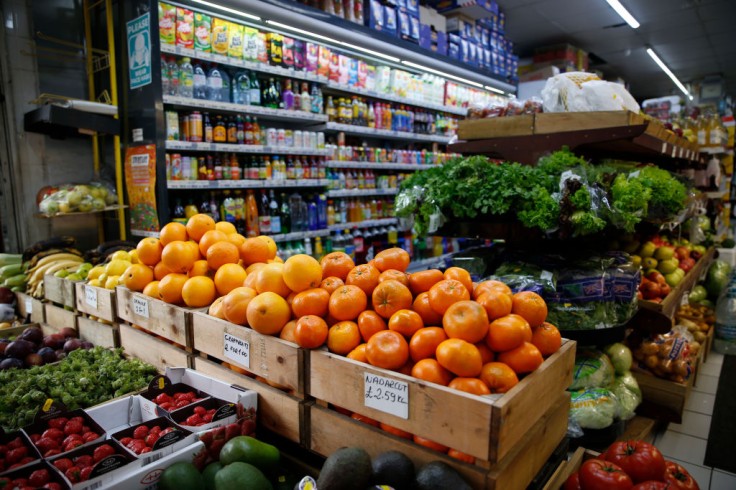
Can kids get all the nutrients they need if raised on a vegan or a vegetarian diet? The debate on this topic continues to divide parents, but as more moms and dads consider scrapping animal food sources, dietitians also weigh in on the issue.
Amy Gorin, a plant-based registered dietitian, said that a vegan or a vegetarian diet would provide the kids with higher vitamins, minerals, and antioxidants, which will lower their risks for developing chronic diseases. Gorin notes that several studies have proven the benefits of a plant-based diet in both adults and children. She said that vegan children are also less likely to become obese than kids who are not on a plant-based diet.
Here's how parents could incorporate a vegan or a vegetarian diet for their children to gain healthy outcomes:
Have a variety of choices.
Dietitian Whitney English made it clear that such a diet or lifestyle is not for everyone but parents who want this type of diet for their kids should provide a variety of choices. They must also be aware of the limitations of a plant-based diet if their kids suffer from allergies to soy or wheat.
She said that parents should reconsider this strict diet if they do not have the "time or resources" and the knowledge to ensure that their children consume a variety of vegan or vegetarian food.
Dietitian Ilisa Nussbaum said it's wrong to think that vegan or vegetarianism automatically equates to healthy eating, especially if the food sources are processed vegetarian food like veggie hot dogs or veggie chips. If this is the case, kids could be missing out on the nutrients their body needs.
Have supplements.
A study in the journal Nutrients indicated that kids would need vitamin B12 supplements if they are on a plant-based diet. The nutritional professionals underscored that plant foods don't provide enough vitamin B12 or cobalamin.
If the kids do not get their supplements, they will have nutritional deficiencies, especially in the crucial first few years of their body's development. Additionally, a vegan or vegetarian diet promotes high consumption of fiber. While this is generally good, high fiber could also inhibit the absorption of some fats and minerals, such as iron and calcium, that kids need as they grow.
Have meals with enough calories.
Gorin said that plant-based foods are generally lower in calories than animal food sources. Thus, parents need to carefully plan their children's daily meals to ensure that they are gaining the correct number of calories so their bodies can function in the best way.
Plant-based food rich in calories are nuts, nut butter, avocado, tahini, dried fruits, legumes, and sweet potatoes. These types of food are still very nutritious but can help kids gain weight faster to reach an ideal body weight for their age.
Parents should also pay good attention to their children's energy levels and emotions while on a strictly plant-based diet. If they are not adjusting well as a vegan or vegetarian, it might be best to have a more flexible food source that will include animal products.
Gorin added that kids should be allowed to explore what food they like. The most important thing is to focus on eating healthy, regardless of the food source.